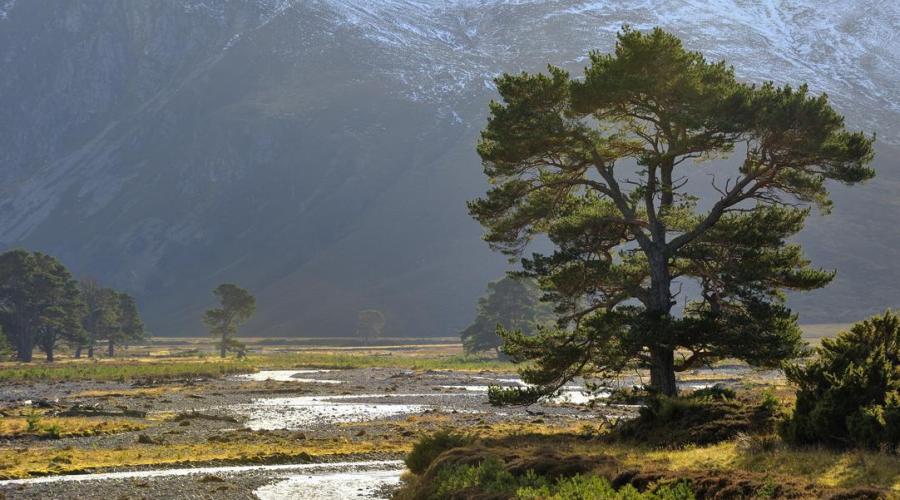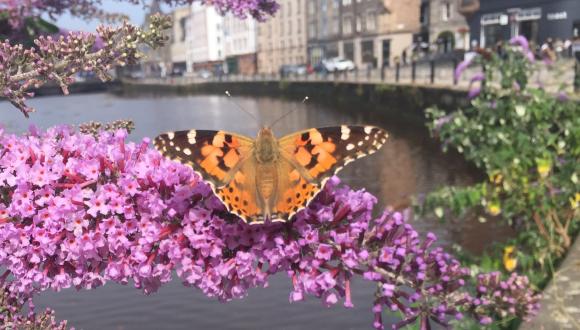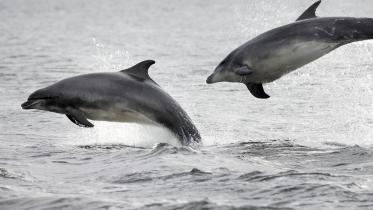
Tackling nature loss report - 2021 a 'big year' for nature
31 December 2020
A new report reveals progress made to tackle biodiversity loss in Scotland and the challenges ahead.
NatureScot has published its Biodiversity Duty Report 2018-2020, detailing the work done in recent years to tackle nature loss and the opportunities and challenges 2021 will bring, with much still to be achieved.
Highlights in the report include:
- Putting more than 25,000 hectares of Scottish peatland on the road to recovery to lock in carbon, improve water quality and reduce flooding.
- Protecting 37 per cent of our seas through Marine Protected Areas.
- Leading an ambitious partnership to protect and enhance habitats for some of Scotland’s most endangered species including the great yellow bumblebee, wading birds such as lapwing and curlew, and the Scottish primrose.
- Delivering more than £4 million worth of habitat and species restoration work all over Scotland through Biodiversity Challenge Funds.
- Creating pollinator networks, making Scotland a place where pollinators, such as bees and hoverflies, can thrive.
- Investing in Green Infrastructure, bringing nature close to where people work and live, and providing nature-based solutions to climate change, flood alleviation, water quality and equitable access to good quality green space.
- Creating a genetic diversity indicator for wild species that can be used by any country in the world to help ensure we maintain genetic diversity for the future.
- Working closely with land managers and farmers to develop eco-farming methods.
NatureScot Chief Executive Francesca Osowska said:
“Nature is in crisis. We’re very proud of the progress we’ve made in the last three years, but this is just the beginning of the campaign to reverse biodiversity loss and protect our nature.
“Covid-19 has exposed acutely and cruelly how the relationship between people and nature has broken down. But from this dark period there is light. We have seen new awareness of the importance of nature in all our lives – for our health, welfare and survival, to help tackle climate change, and in rebuilding the economy.
“With both the global targets on biodiversity and climate change being set this year through COP15 and COP26, 2021 gives us a uniquely special opportunity to demonstrate the fundamental importance of improving the state of nature. Our future depends on it.”




